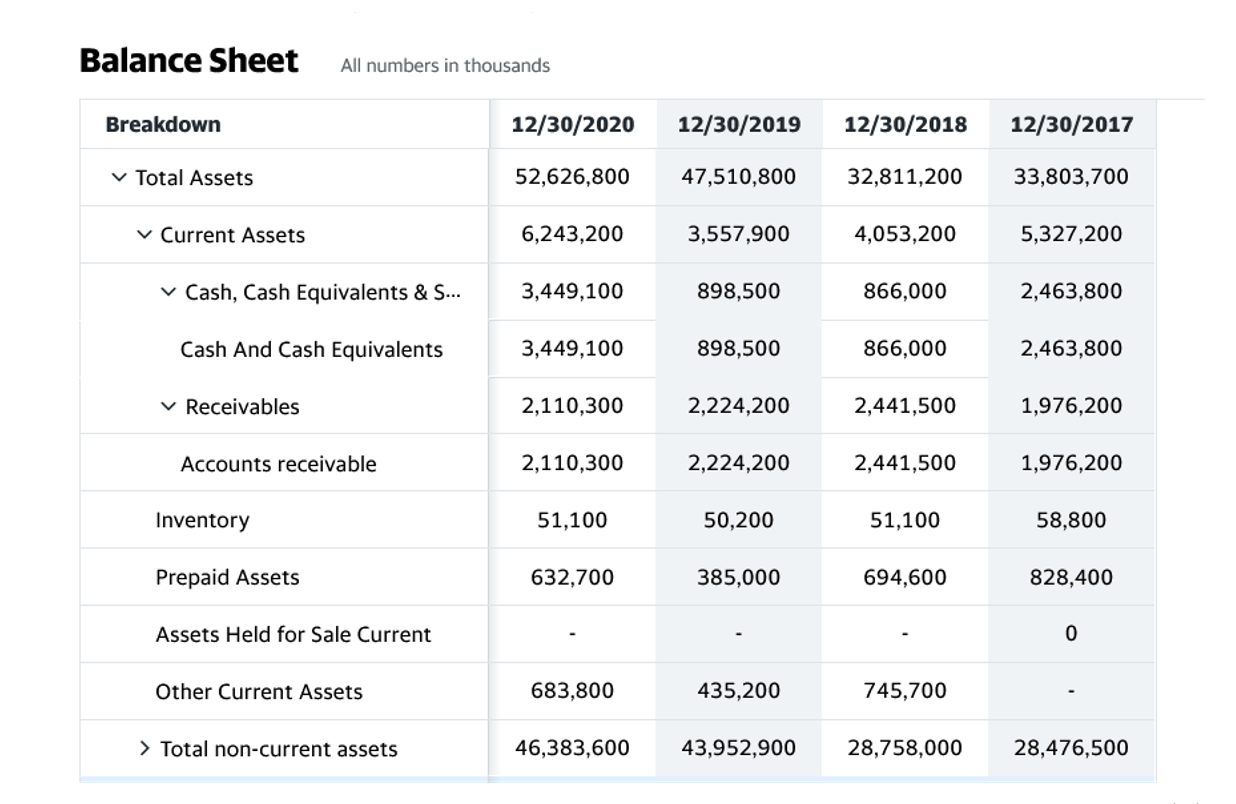Content

Utilities, cooking and cooling equipment, insurance and signage are common expenses, but you’ll also need to consider maintenance costs. Remember, servicing your commercial ovens and refrigerators will probably cost more than what you pay for your Frigidaire at home. Any account that gets a statement with a beginning and ending balance can be reconciled.
Once you find the right policy for your small business, you can begin coverage in less than 24 hours. Ultimately, this is the figure you need to focus on to determine whether your restaurant is making money or not. As long as you have an internet connection, you can access QuickBooks anytime, anywhere on your device of choice. Nick Charveron is a licensed tax practitioner, Co-Founder & Partner of Community Tax, LLC.
Temporary Restaurant Staffing: How to Hire Quality Employees
The restaurant industry is a high-stakes business, and financial management is key to its success. Keep your financial records organized by creating a financial filing system and creating digital backups of important documents. This will make it much easier to keep track of financial information at tax time. It’s important to have an overarching financial plan before you get started with restaurant bookkeeping. A financial plan will help you stay organized and track your financial progress and metrics.
Recording daily sales and categorizing them by cash and credit sales, food versus beverage, or other metrics is vital for understanding your revenue streams. There are a few essential bookkeeping processes that are essential to restaurant accounting. While your accountant will likely handle the majority of these processes, it’s important to be aware of them so you can speak the same financial language. As a restaurant owner, you spend your days dealing with inventory management, staffing, and controlling the cost of goods sold. An expert accountant frees you of the burden of complex financial analysis and monotonous daily tasks that would distract your focus from managing restaurant operations.
Should I Hire a Restaurant Accountant?
Whether you’re curious about how to do bookkeeping, or working with a bookkeeper and accountant, this guide is here to help. Make sure you have a point-of-sale system that easily integrates with that software. Accounts payable is the amount you owe vendors, etc., for the products or services they how to do bookkeeping for a restaurant provide. Restaurant owners need to keep track of when a bill is received, when it’s due, and that it actually gets paid in a timely manner. Paying your bills on time will ensure that you are avoiding any possible late fees, which is just an additional and unnecessary expense for your restaurant.
For example, if you own a small food truck business, your Accounts Payable would include food, supplies and equipment expenses. A good restaurant POS system https://www.bookstime.com/articles/restaurant-bookkeeping will generate detailed daily sales, inventory, and staffing reports. All this data can be used to identify areas of the business that need improvement.
Download our free inventory template
You’ll also need to keep constant track of inventory, food and pour costs, prepaid accounts, short pays and vendor credits, and tips. Restaurant accounting is unique because of the language of hospitality finance. It’s crucial to have an effective accounting system in place for your restaurant to see the success you’re after. Keeping a watchful eye on the restaurant bookkeeping process is especially important for restaurants because of their slim profit margins. Use this step-by-step guide to restaurant accounting to make your bookkeeping tasks simple and accurate.
If you aren’t experienced with managing the books, consider buying restaurant bookkeeping software. In addition to measuring cash flow, most software packages can also keep track of inventory, manage payroll, and run sales reports. Bank reconciliation is essential to ensure your bookkeeping records match your bank accounts, payroll liabilities, lines of credit, loans, and credit cards. Accurate restaurant accounting has a multitude of benefits for the success and growth of your business. Accounting leads to better financial management, deeper insights into your business’s financial status, better tracking of cash flows, and a more robust system of tracking inventory.
Mobile Apps
Upon logging in, the dashboard greets you with an overview of account activities and key metrics such as cash flow, P&L, account balances, expenses, AP, AR and sales. Some software allows you to customize the dashboard based on personal preferences. As a small business owner, you’re required to pay quarterly employment taxes. This entails reporting what you’ve withheld from employees’ paychecks for federal income and Social Security / Medicare taxes, and then paying those amounts to the IRS. If your business is subject to excise tax, that will also need to be paid quarterly. Depending on the laws in your state, you may also be required to make quarterly tax payments to the state.
